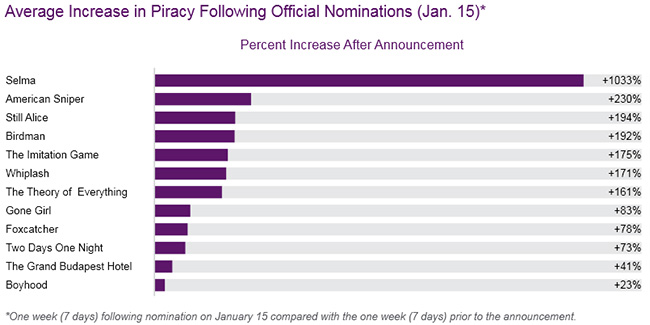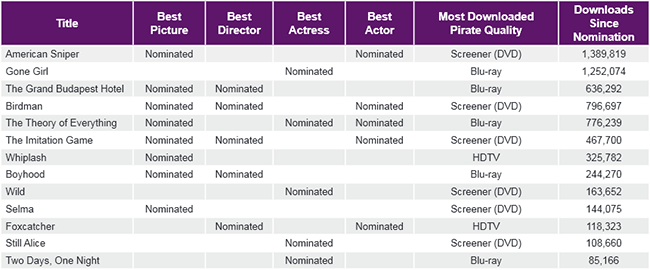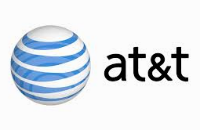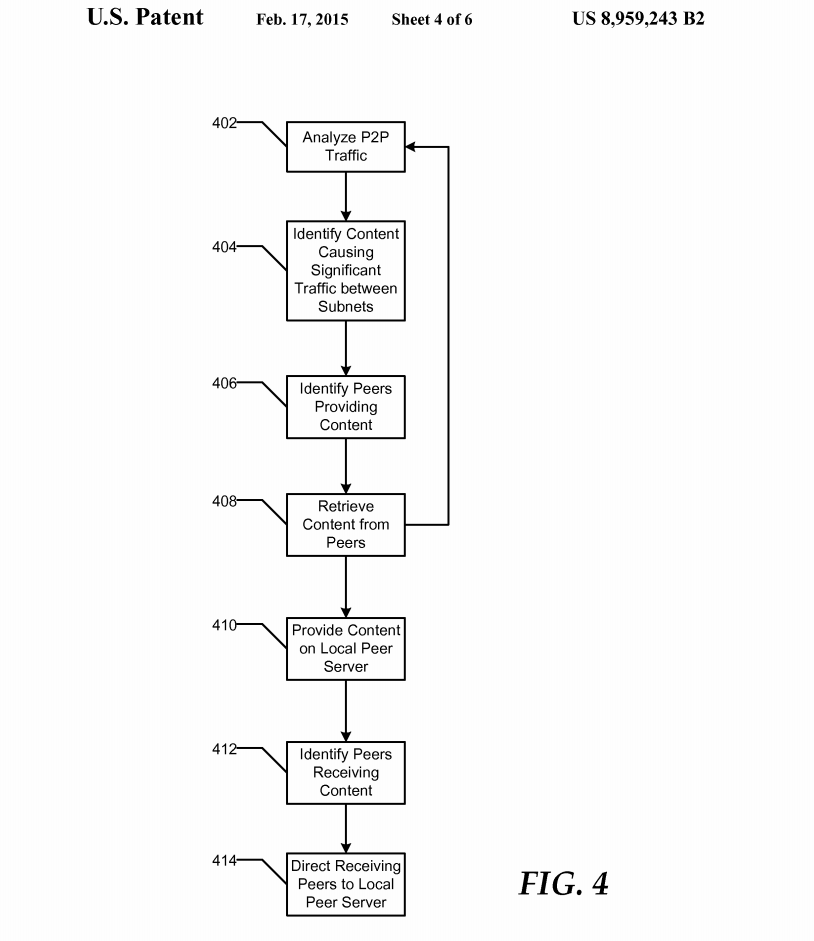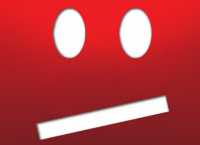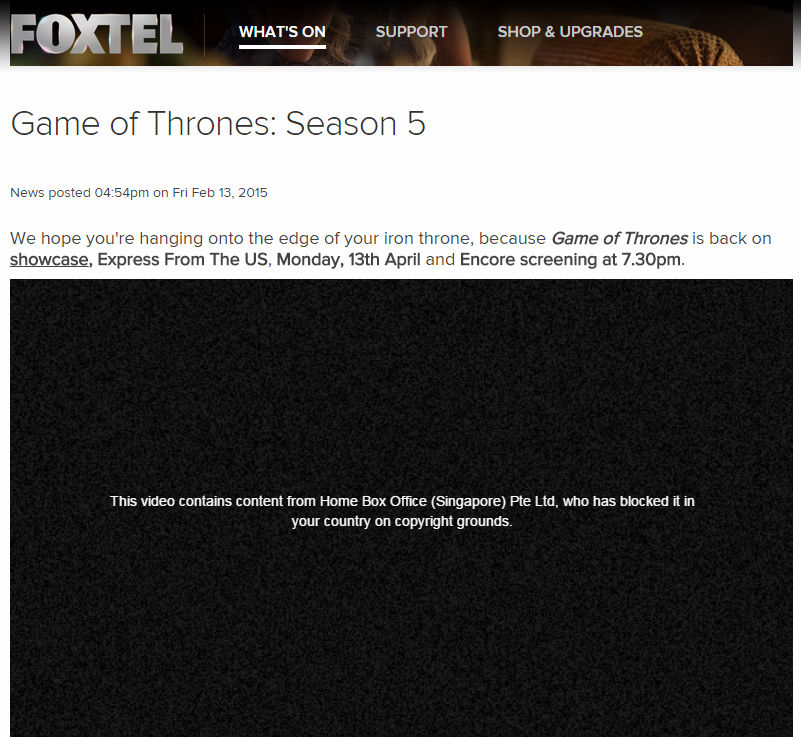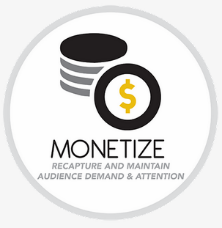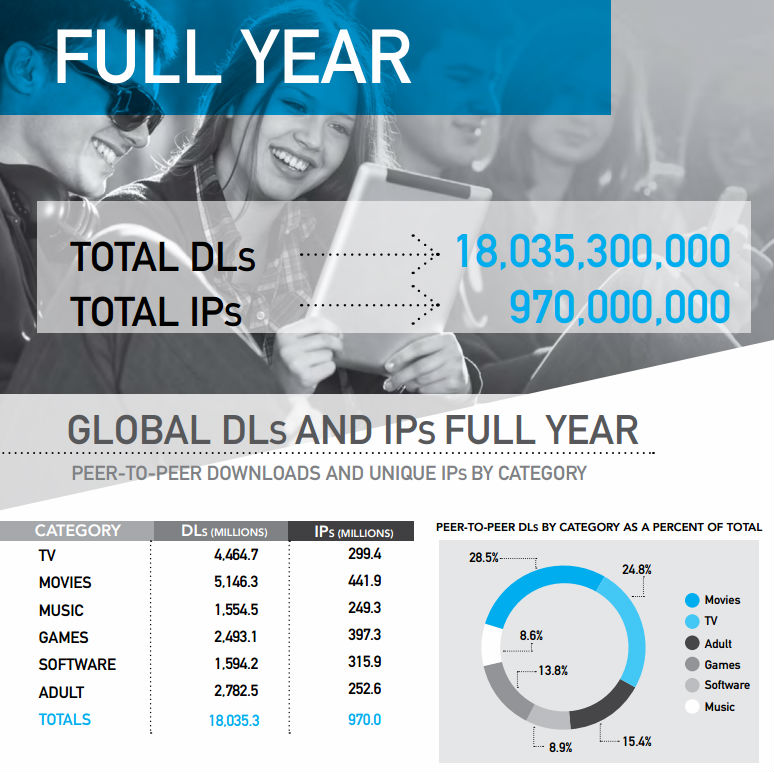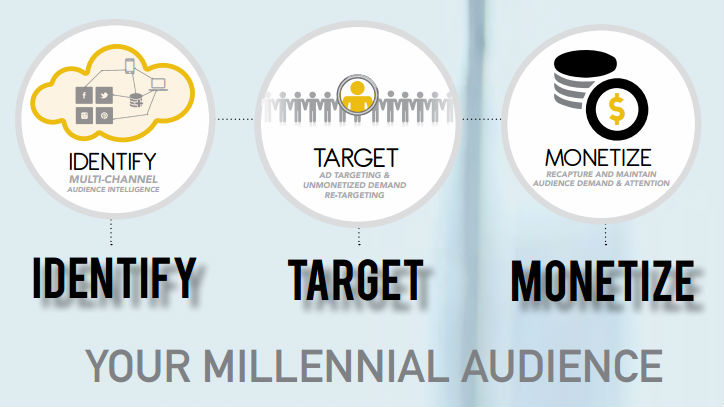Aussie ISPs Advocate “Three Strikes” Solution to Piracy
vendredi 20 février 2015 à 10:13 After developing a reputation for being some of the most prolific online pirates around, last year Australian citizens were told by the government that enough is enough.
After developing a reputation for being some of the most prolific online pirates around, last year Australian citizens were told by the government that enough is enough.
Since years of negotiations between ISPs and entertainment companies had gone nowhere, service providers were told to propose voluntary measures to deter and educate pirating subscribers or have one forced upon them by law.
With a deadline looming, telecoms body the Communications Alliance has now published its draft proposal on behalf of its ISP members. Titled “Copyright Notice Scheme Industry Code”, the 34-page document hopes to pacify rightsholders and their allies in government by outlining a graduated response mechanism to deal with file-sharers.
“The Copyright Notice Scheme Code is designed to facilitate a cooperative industry-led copyright notice scheme through which
Internet Service Providers and the owners of copyright works will work to deter the practice of online copyright infringement and inform consumers about available and lawful content alternatives,” the draft begins.
“The Code provides for the creation of a copyright notice scheme under which ISPs will accept reports (in a prescribed format) from Rights Holders. The reports will identify Internet Protocol addresses that a Rights Holder alleges have been used to infringe copyright in online work of the Rights Holder. The reports will request that the relevant ISP notify the relevant Account Holders of the alleged infringements.”
According to the draft there will be three types of notice.
Step 1: Educational Notice
Warnings received by subscribers for their first alleged offense are designed to be educational. The notice will advise that a rightsholder has observed an infringement while detailing the content involved plus a time and date.
The notice will acknowledge that the account holder is not necessarily the infringer and will contain assurances that no information about the subscriber has been shared with a third party. Recipients will be warned, however, that they are now at a greater risk of being exposed to rightsholder legal action.
Any questions about the notice can be sent to the Copyright Information Panel, an adjudication body comprised of ISP and rightsholder representatives.
Step 2: Warning Notice
Second notices sent to errant subscribers are framed as a warning. Like educational notices they will detail the alleged infringement but will also underline the fact that the subscriber has already received an Educational Notice.
At this stage no information about the subscriber will be passed to rightsholders but will contain a stern warning.
“Receipt of a further notice may result in a Rights Holder instituting court proceedings against the Account Holder, including a preliminary discovery application to obtain the Account Holder’s details,” the draft reads.
Any questions about the notice can again be directed towards the Copyright Information Panel.
Step 3: Final Notice
In addition to detailing the alleged infringement, subscribers will be reminded that they have already received Educational and Warning notices.
The subscriber will be required to acknowledge receipt of a Final Notice (via registered letter or popups) and will be advised that rightholders may go to court to obtain their identity.
ISPs will make a record that a Final Notice has been sent to the subscriber but will not be required to send any further notices to an account holder who receives a Final Notice within 12 months of receiving an Educational Notice.
Challenge Notices
Subscribers who feel they have been wrongly accused can file a Challenge Notice with the adjudication panel. An appeal will cost the subscriber AUS$25 but will be refunded if the appeal is upheld. Fees may also be waived if the panel believes that would be appropriate.
Punishments and costs
The document makes no mention of punishments such as throttling, suspensions or disconnections, so they are now clearly off the table. Who pays for the system – a big sticking point throughout several years of negotiations – also appears to be unresolved.
“Rights Holders and ISPs are cooperatively undertaking further work to quantify the costs of meeting the specific operational responsibilities and processes required by the Scheme and determine how these costs should be fairly apportioned between ISPs and Right Holders,” the draft reads.
If the proposals (pdf) in the draft are accepted the scheme could be in place as early as September but the big question remains.
Will entertainment companies also help Aussies to break the piracy habit by providing better and cost-friendly legal alternatives?
Source: TorrentFreak, for the latest info on copyright, file-sharing, torrent sites and anonymous VPN services.
 While Hollywood would’ve liked it to remain a secret, news that the majority of Oscar contenders were available online
While Hollywood would’ve liked it to remain a secret, news that the majority of Oscar contenders were available online 